Standing in front of the house that was once my grandparent’s, I’m flooded with memories of sweet cornbread, grape Kool-Aid, and the smell of the gardenias and roses in the flower bed near the door. I remember stopping by to nurse a skinned knee, or get a cold drink on a hot summer day when we had pedaled our bikes up and down the gravel road in front of their house. Grandma was health conscious, and would sometimes hand us a slab of cold cornbread and a drink to enjoy outside on the steps, if she thought we might be sick, covering her nose and mouth with her apron. Other times, though, we would go inside, pretending we needed to use the bathroom, so we could soak in the ambiance of their house – clean, cool, and with a distinct smell of furniture polish mingled with pain relieving rub and cooking smells from the kitchen.
The radio drew us in, standing four feet tall with a beautiful curved cabinet made of wood veneers inlaid to form a design, with a grille cloth covering the speaker area. The large round dial with numbers for the stations fascinated us, as we tried the tuning and volume knobs. By the 1960s, Jim and Etta Mae were approaching their seventies and known to us as Grandma and Grandpa Willhite. Their bedrooms were now separate from each other and each contained items that were important to them. Hers was painted lavender with sheer floral print curtains covering the windows , with her sewing machine in the corner. The chenille bedspread covered a simple, full size iron bed adorned with a frilly pillow. His room was the most interesting to us, with a bed that had a carved headboard and four turned posts, full sized, but massive in our eyes, and covered with a quilt. He now kept his radio there, making space in the living room for the television which had replaced it in the 1950s.

Listening to the radio 
1940 console radio 
Battery radio from the 1930s
In the 1930s and 1940s, the radio had been their lifeline to the outside world, along with the Tensas Gazette, the parish newspaper published in St. Joseph. With no electricity, they had one that ran on a 6 volt battery, like a car battery, but thinner. By 1941 O.D., Derwood, and Oliver, were all in the service stationed in Louisiana, Washington, and Georgia, and Jimmy was soon to follow. World War II was the first war to be broadcast, and news reports on the radio describing the battles with Germany in Europe and the brutal military actions of Japan and Italy were unsettling, but still a world away and hard to understand. Jim and Etta Mae, like other Americans, were trying to recover from the Great Depression, and did not support U.S. involvement in the European conflict. (“Watching the Radio”, America in WWII)
That all changed on December 7, 1941, when Japan bombed the United States at Pearl Harbor.
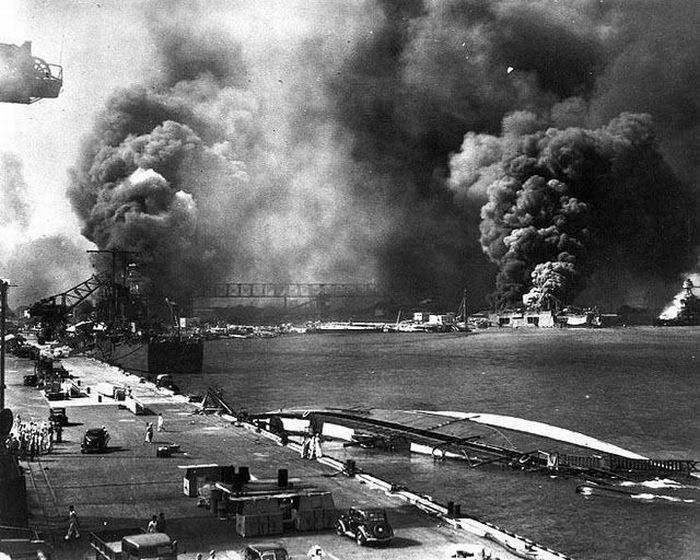
The country was resolved and ready to fight back after Franklin Roosevelt gave his radio address on December 8, 1941.
In it he stated, “Yesterday, December 7, 1941 — a date which will live in infamy — the United States of America was suddenly and deliberately attacked by naval and air forces of the Empire of Japan..” ……..and went on to say…….. “I believe I interpret the will of the Congress and of the people when I assert that we will not only defend ourselves to the uttermost but will make very certain that this form of treachery shall never endanger us again….. With confidence in our armed forces — with the unbounded determination of our people — we will gain the inevitable triumph —so help us God.”(“Watching the Radio”, America in WWII)
Now the threat was real for Jim and Etta Mae, that one or all their sons in the military would be deployed overseas.
With the older boys now gone, Nita married, and Carrie a senior in high school, there were five younger mouths to feed, and little time for worry. Unable to pay all his taxes, Jim had to sell much of his land, keeping a couple hundred acres at Flowers Landing. He let Derwood, John A. and Jimmy have land at Hunters’s Bend in Madison Parish which they were farming on their own before they entered the service, while Oliver had left years before, enlisting in the Army, and O.D. had left home in 1935 to find his own way before he was drafted in 1941. The hard work of surviving continued for the family, and Jim had much less help. George (Tut) was ten years old in 1941 and Charles (Bubba) was eight, followed by the younger siblings, Emma Lou who was six, Glen two, and six month old Janet.
Although they had food provided by Jim’s hunting and fishing and Etta Mae’s garden, along with their milk cows and chickens, their income was small and certain items were in short supply because of rationing. Each family in the U.S. received ration stamps good for certain rationed items such as sugar, coffee, canned milk, meat, and cheese. (National WWII Museum) Other items that were rationed included clothes, shoes, tires and gasoline, which hampered Jim’s farming, hunting, and trapping operations. My mother, Mary Willhite, remembers my daddy, Bubba, telling her that he and Tut had such ragged clothes during the war that they would hide in the ditch if a car came by when they were walking down the road. Jan states that her mother, Etta Mae, told her that the family faced extreme hard times during the war.
Like other Americans, they may not have fully understood what led up to Japan bombing the United States, or how the cancer of evil against the Jews began, or why Italy and Germany joined Japan in declaring war against the United States. But because of radio news, they knew there was a global war raging that presented a real threat to their family, and that it had to be stopped at any cost.
They had listened to reports of Hitler’s reign of terror against the Jews, while his military began to invade eastern European countries, annexing Austria (Anachluss) in March 1938. This was reported live with vivid description by Edward R. Murrow, as he stated “It was called a bloodless conquest and in some ways it was – but I’d like to be able to forget the haunted look on the faces of those long lines of people outside the banks and travel offices. People trying to get away … I’d like to forget the sound of smashing glass as the Jewish shop streets were raided; the hoots and jeers at those forced to scrub the sidewalk...” (History of American Journalism) (The National Interest) https://nationalinterest.org/blog/reboot/world-war-ii-how-one-journalist-used-his-microphone-fight-nazi-germany-189724
The radio, along with news reels shown at the movies, brought Hitler to America, displaying the force of his massive army and broadcasting some of his speeches made to the German people as he marched across Europe taking over countries. https://youtu.be/LMbd-UYyEd0 (YouTube) One source states, “but imagine how menacing this barking, staccato speech, punctuated with cheers and Heil Hitlers, must have sounded to radio listeners in the American rural areas. Their regular music programmes suddenly interrupted by an announcer declaring that they were going over live to Berlin. It must have seemed like a voice from another planet.” (World War II on the Air) With the fall of other European countries by 1940, Britain and Prime Minister Winston Churchill were left to resist the German invasion threat.
In May 1940 more than 300,000 British troops were forced to retreat and became stranded on the beaches of Dunkirk, before Britain called on civilian ship and boat owners to rescue them.
Starting in July 1940, the Battle of Britain raged for four long months during which British ports were bombed by German forces, along with Royal Air Force airfields, the city of London and other industrial centers during daytime and nighttime raids. On August 24, 1940, Edward Murrow broadcast a special report, “London After Dark“, where Murrow gave a detailed description during a bombing raid with the sirens sounding in the background. He put his microphone to the ground and recorded people walking calmly into the bomb shelter, “like ghosts with steel shoes“, showing there was no panic. (World War II on the Air)
Most Americans, including Jim and Etta Mae, had never heard the sound of war, but radio reports like this, brought it into their living rooms. The Royal Air Force was successful in defending Britain against the air raids which ended in October 1940. (www.historyonthenet.com)
By the end of 1940, Italy, an Ally in WWI, had entered the war on the side of the Axis powers, led by Benito Mussolini, a Fascist. Much like Hitler in Germany, he had moved to dictatorship using anti-Communist propaganda, and his secret police to stop his opposition. Italy occupied Egypt, countries in East Africa and North Africa, Greece, and Russia, before being defeated by the Allies. (History of Western Civilization) Italy also formed an alliance with Germany, and Japan, who was waging war against China, and seeking to occupy parts of Indochina and the Philippines.
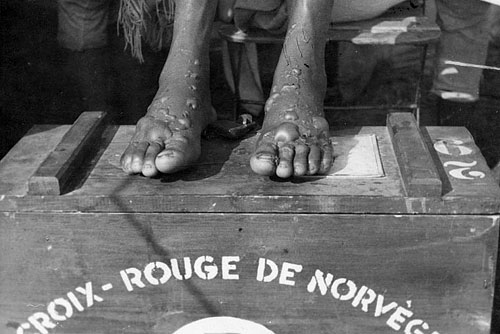
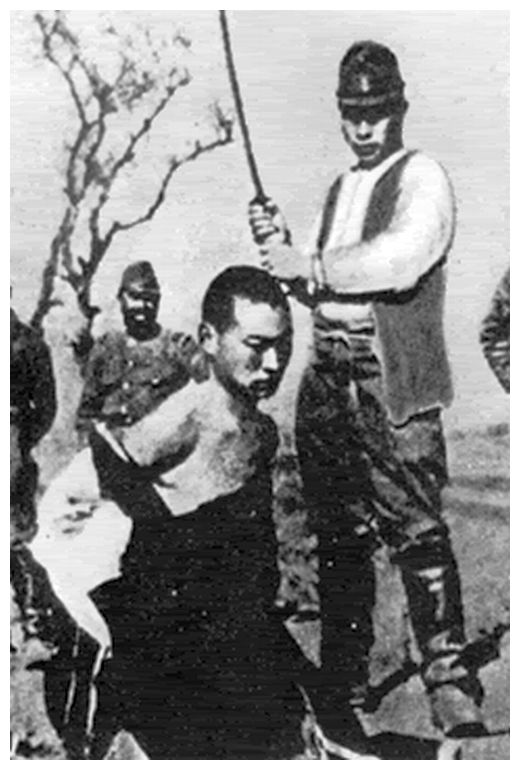
Japan needed natural resources for its industrial growth, and its brutal military actions were aimed at securing these from other countries. (timetoast.com) Italian and German forces continued their attacks in Europe, and in Russia, despite the treaty they had signed with Joseph Stalin. In June 1941, Hitler sent 3 million soldiers and 3,500 tanks into Russia, a surprise attack, which caused Stalin to sign a mutual aid treaty with Britain and join the Allies. The United States sent arms to Russia, as they had been doing for Britain. (historyonthenet.com)
When Japan launched the surprise attack on the U.S. Pacific fleet at Pearl Harbor, it was hoping to cripple the U.S. long enough for its forces to take British, French, and Dutch colonies in Southeast Asia. Radio broadcasts detailed the damage of the attacks, and that evening, a graphic report by Eric Sevareid from Washington D.C. described the frenzy in the courtyard at the Japanese Embassy, and the calm resolve that he saw on the faces of the crowds gathered on the streets.
“The Japanese had left one gate carelessly unlatched, and reporters walked in just in time to see Japanese clerks and guards throwing boxes of embassy documents on a bonfire. Each box was set afire by a quick-action fuse, and as the Americans started to come in, the Japanese shouted, ‘You must not come! You must not come!” (History of American Journalism) The next day, Britain and the United States declared war on Japan, and the war raged on for months with significant losses for the Allies.
The tide began to turn in favor of the Allies when the United States defeated Japan at the Battle of Midway in the summer of 1942, and Allied forces defeated the German-Italian army in North Africa forcing Italy to surrender by September 1943. (historyonthenet.com) On D-Day, Allied forces stormed the beaches at Normandy in Western France capturing the port.
By May 1945, Mussolini was executed by Italian rebels, and Hitler committed suicide, causing Italy and Germany to surrender. Victory in Europe, V.E. Day, was celebrated on May 8, 1945. (historyonthenet.com)
Japan did not surrender until August 1945, when the United States dropped atomic bombs on Hiroshima and Nagasaki killing roughly 250,000 people, most of which were civilians. Edward R. Murrow described the bombs as “charging out of the bowels of the earth“. (World War II on the Air)
Over 300,000 American troops died fighting against Germany, Japan and Italy, but their sacrifice was not in vain, because it was the U.S. involvement alongside our allies that won the war against those who aimed to take over the world.
Oliver, the only Willhite son that served overseas, was stationed for a year in Britain, which served as a central location for American troops sent there to help free Europe from Nazi occupation. In his V-mail letters to his mother in 1943, he could not disclose his location, but tells her “I am well and fine as usual and I like the country okay. It’s been quiet here so far. I’m glad to hear about the good crop, maybe the Ole Man can get over the fence this year.”
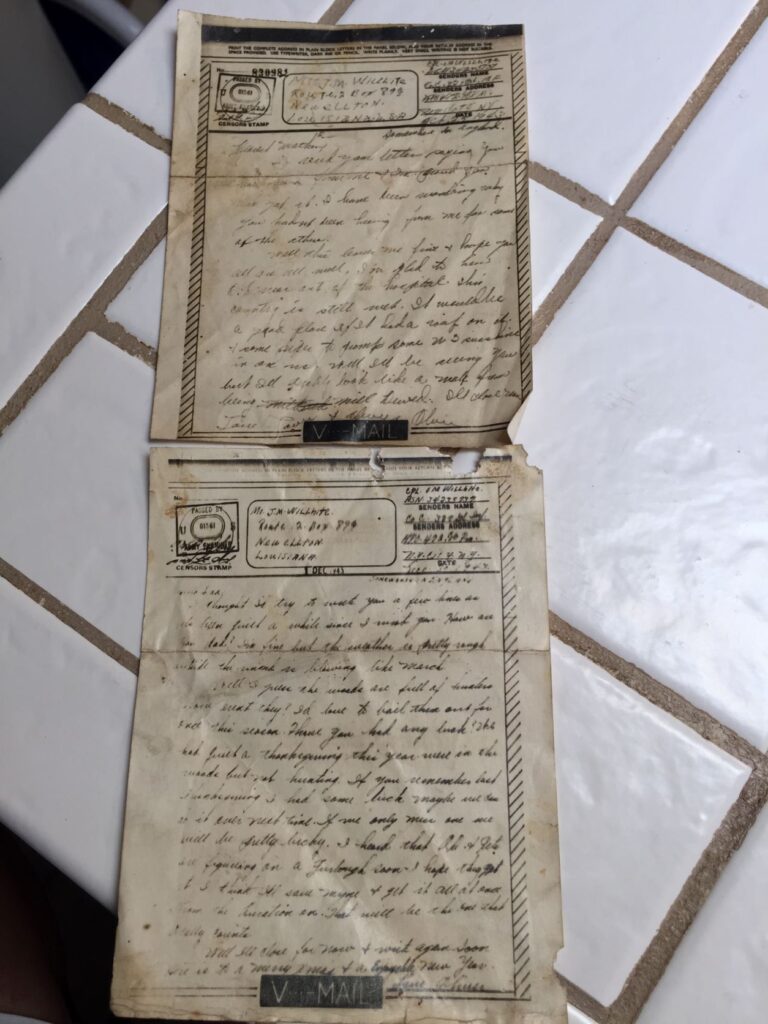
He related some more stories about the war to my cousin, Betty. ” Uncle Oliver told me that when he got into World War 2 in France he wanted to call home to let his parents know that he was safe. He got an operator to try to connect him with the phone operator’s office in the Parish. The operator told him that the few numbers he gave her would not work. Uncle Oliver explained that there was an operator in the parish who would get in touch with the Sheriff who would drive over to let his Mother and Daddy know he was okay. The operator finally figured it out and was able to connect him with the parish phone operator. During that time there were no home phones at Flower’s Landing. I think it was Denny Willhite, (O.D.’s son) who told me that in WW2 Uncle Oliver landed in France during the invasion period in a glider and played dead to evade the German soldiers. “

Glider crew 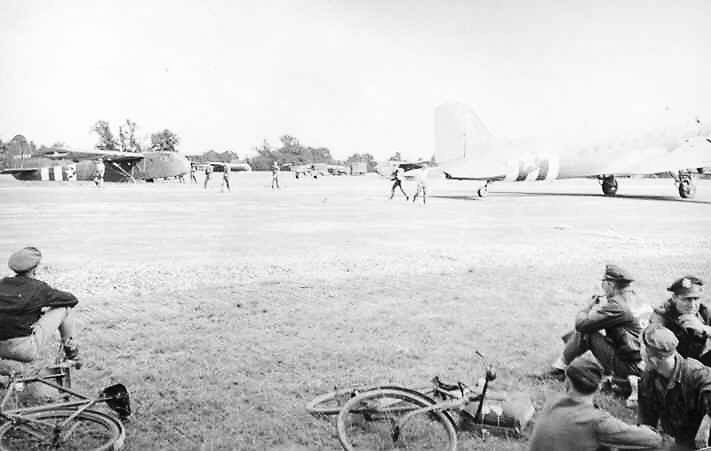
Crews waiting for take off 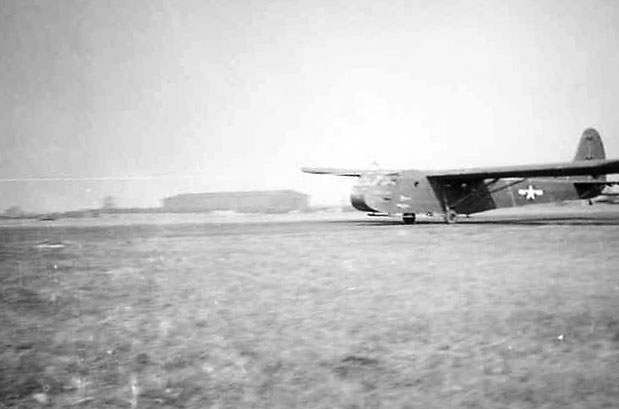
Glider being towed to take off
https://airandspace.si.edu/stories/editorial/fighting-gliders-world-war-ii
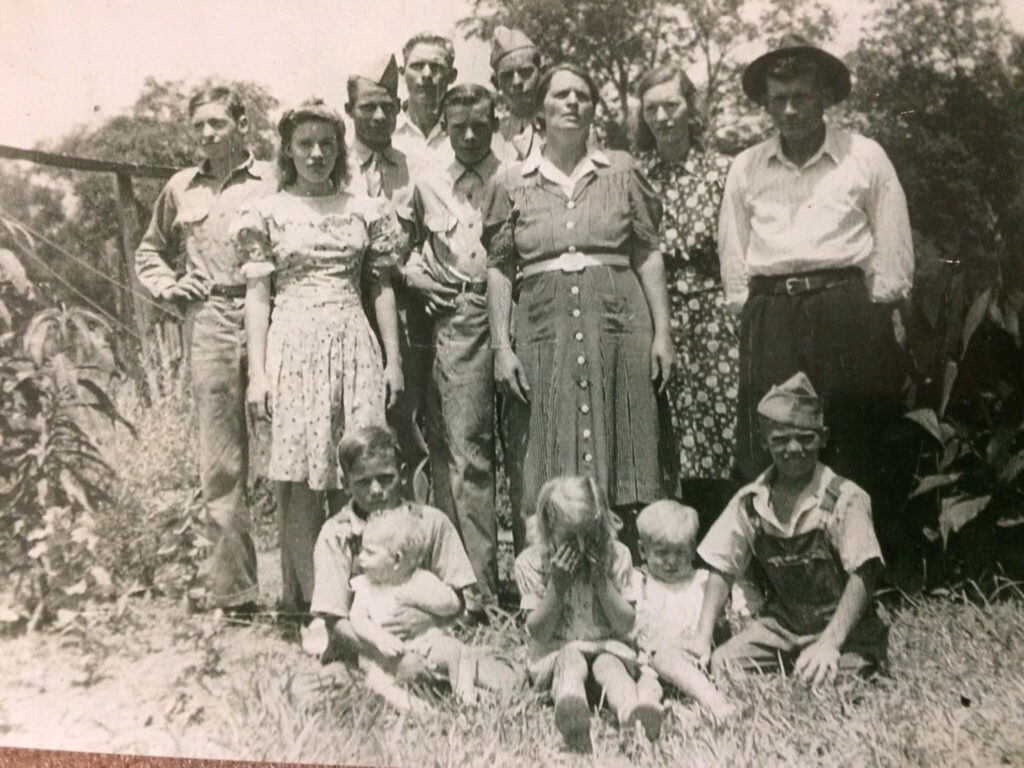
O.D. was drafted in 1941 and spent most of his time in the service at Fort Polk in Alexandria, and Derwood enlisted and was stationed at Ft. Lewis Washington, working on the base. An article in the Tensas Gazette told about them all coming home together on leave, right before the war ended. “Mr. and Mrs. J.M. Willhite of Flowers Landing, Tensas River, are happy to have with them their three sons, on furlough visit, who have been in armed service for several years.” https://www.newspapers.com/clip/53813493/oliver-od-derwood-visit-home/
The article names Oliver, Derwood, and O.D. and where they served, and goes on to say, “First time these three boys have been at home together at one time in three years and it is, needless to say, their visit is enjoyed and appreciated not only by the parents, but by each other.” (The Tensas Gazette, August 10, 1945) Once again by the Grace of God, Jim and Etta Mae’s family had remained intact.
Put on the whole armor of God, that you may be able to stand against the schemes of the devil. For we do not wrestle against flesh and blood, but against the rulers, against the authorities, against the cosmic powers over this present darkness, against the spiritual forces of evil in the heavenly places. Therefore take up the whole armor of God, that you may be able to withstand in the evil day, and having done all, to stand firm. Stand therefore, having fastened on the belt of truth, and having put on the breastplate of righteousness, and, as shoes for your feet, having put on the readiness given by the gospel of peace. …
Ephesians 6: 11-17
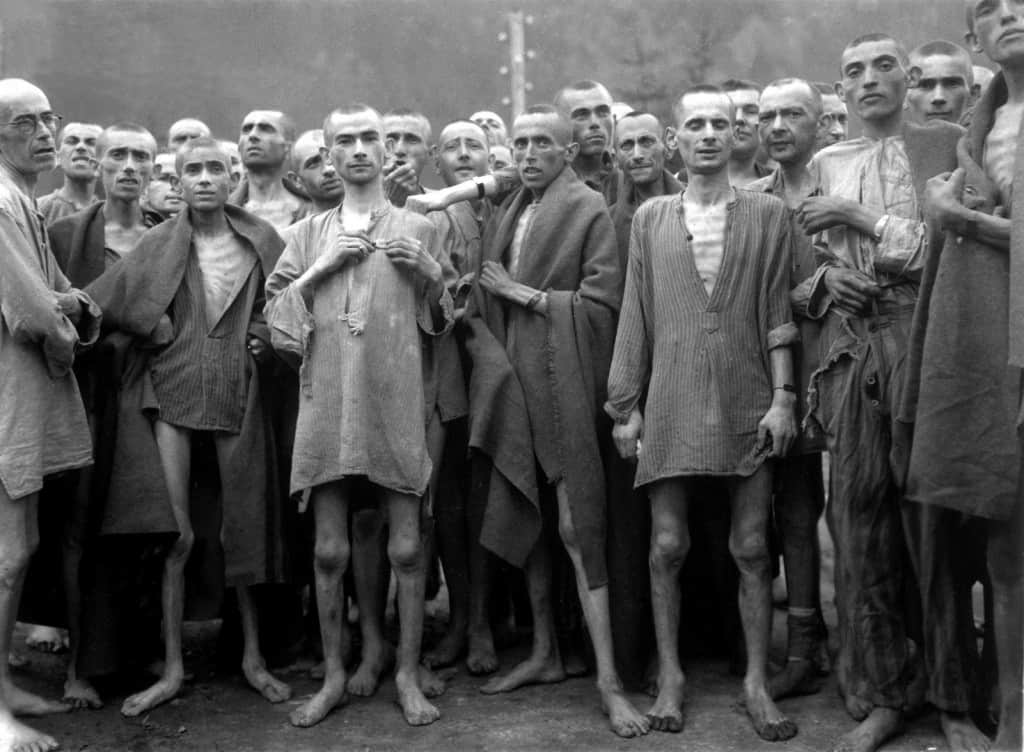
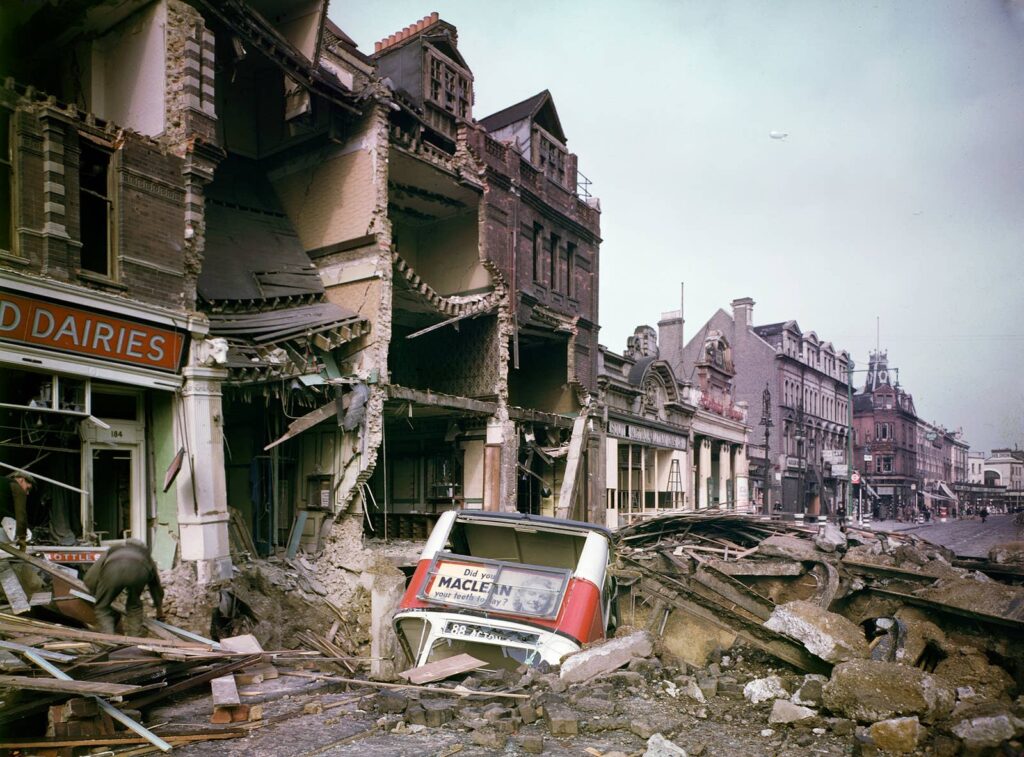
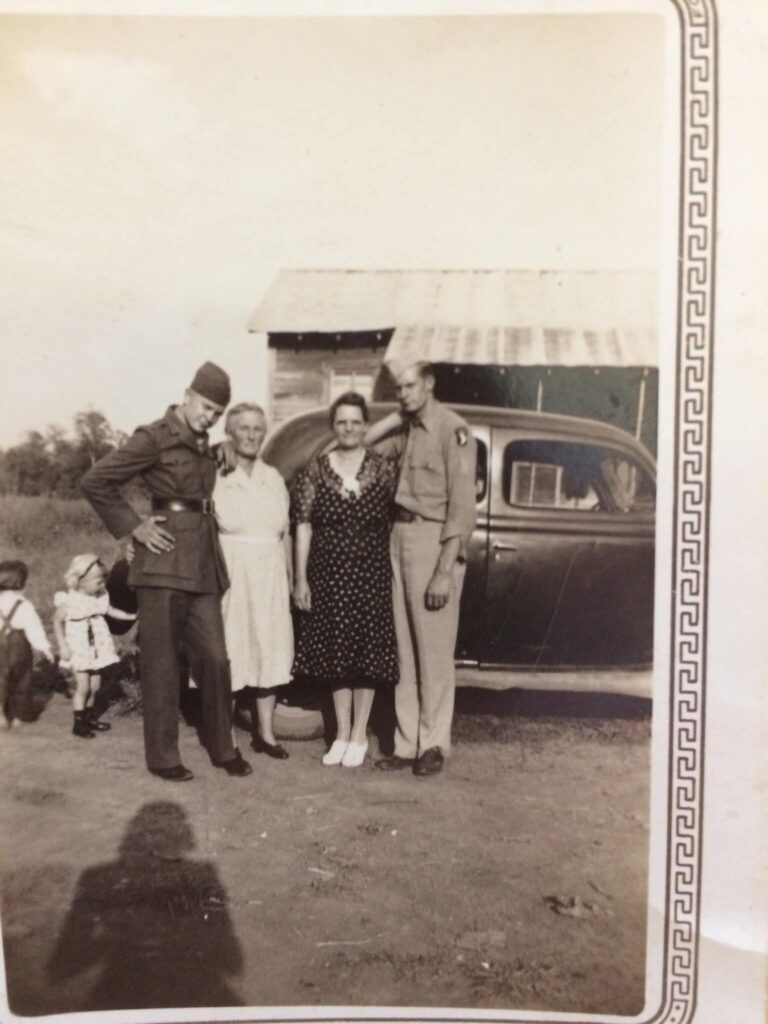
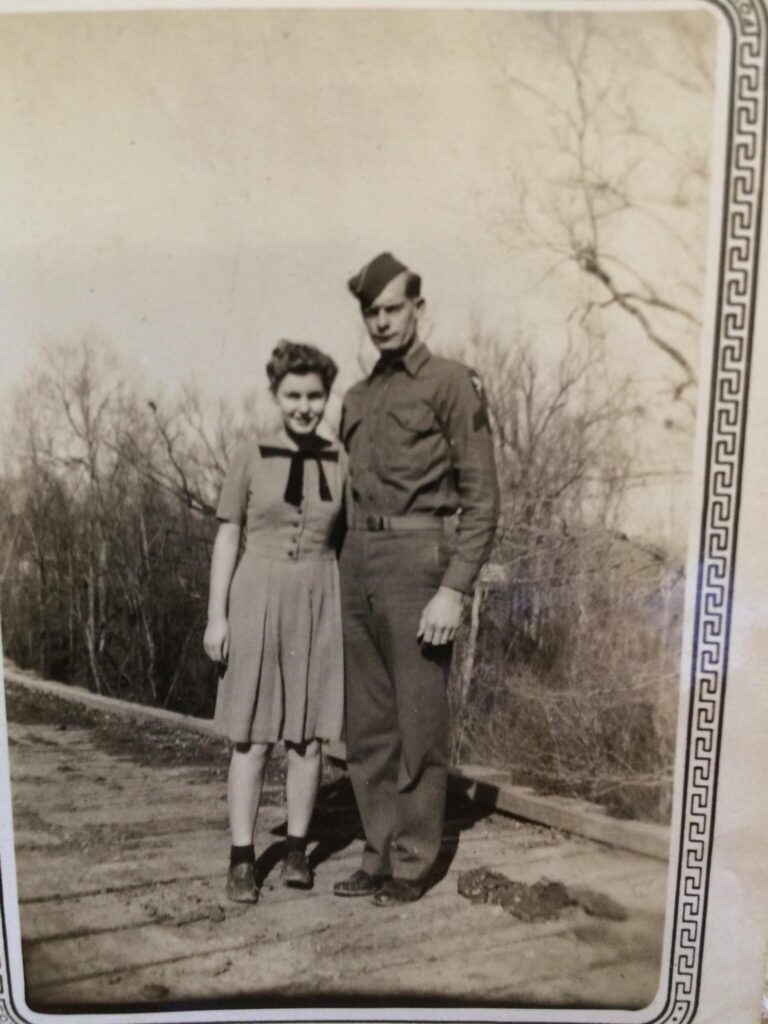
Loved reading this. It’s hard to imagine the life my grandparents had, but your writing gives me a glimpse into life back then. Thank you Rosemary!
I really enjoyed this Chapter11 , Rosemary! It brings back memories of Just How hard it was For all Families just to get By , during all the rationing of certain things and very limited amounts of a lot of things we needed. I was born in 1937 and therefore was just a young child when all this took place, but I do remember the hard times we all
had.
I loved reading this as i remember listening to a radio hearing the Louisiana Hayride with our family. I remember our first T V set. Keep writing . You have a great Talent for it. It was very hard times back then. No running water, No electricity, no inside bathroom, ect. Families stuck together and survived through it all.